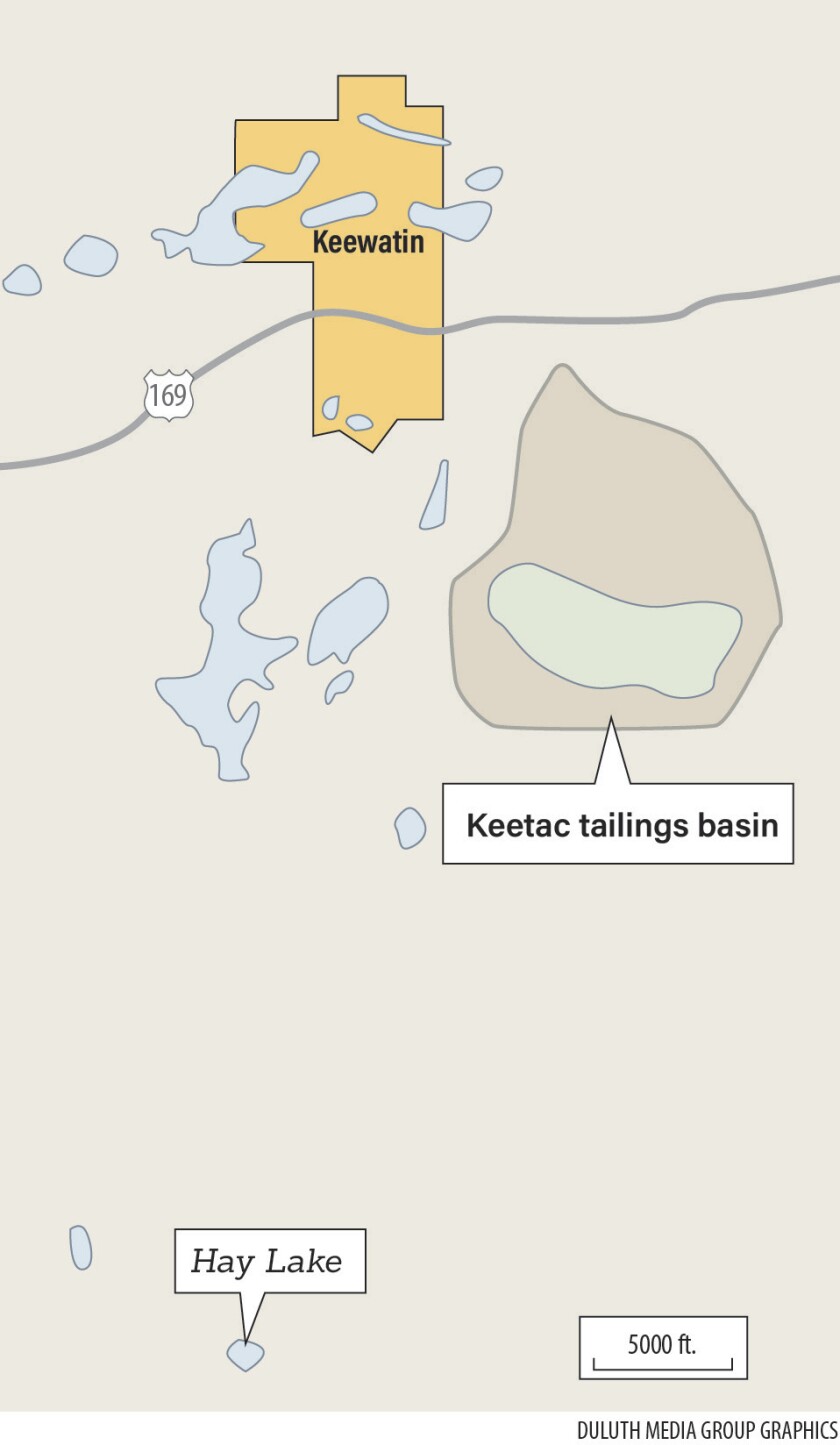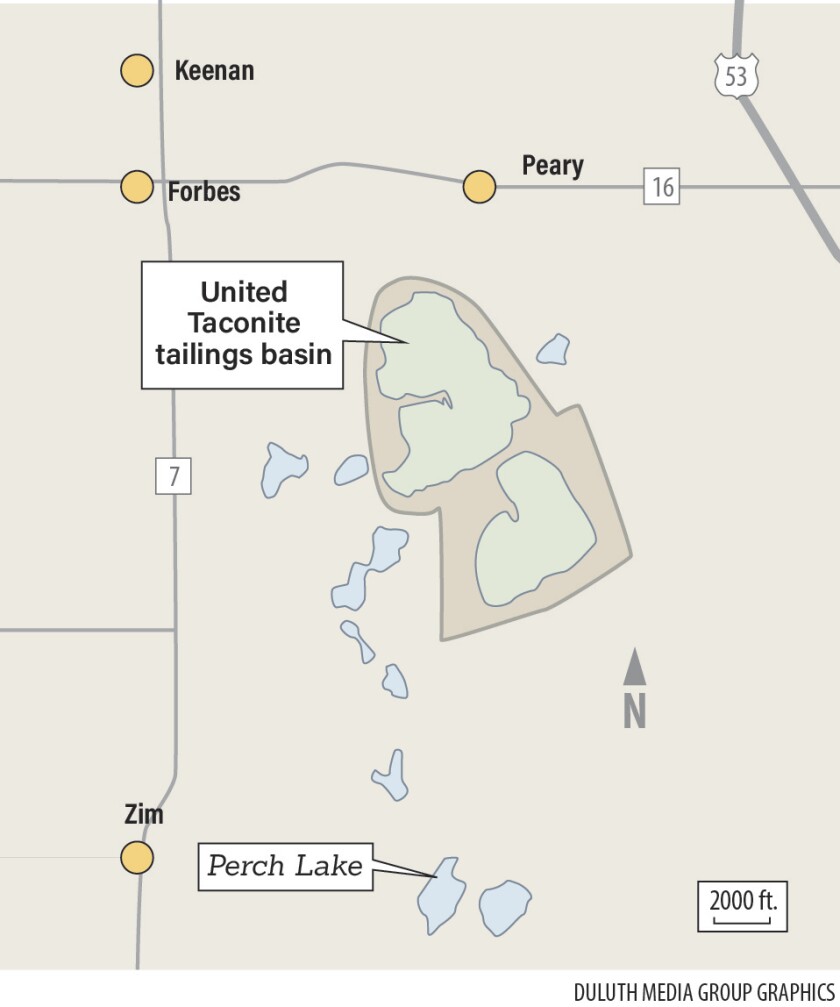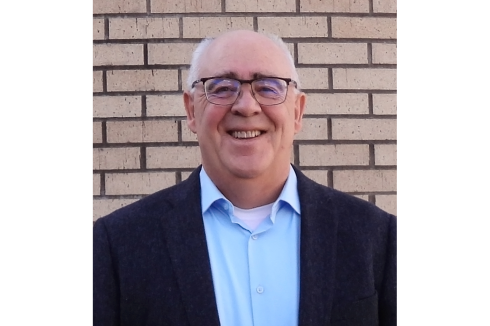KEEWATIN — Minnesota regulators denied a taconite mine’s request to allow sulfate levels in a downstream lake to remain nearly eight times higher than the standard for wild rice waters.
The Minnesota Pollution Control Agency deemed U.S. Steel’s application for a site-specific standard allowing Hay Lake to have sulfate levels of 79 parts per million as “scientifically indefensible.”
ADVERTISEMENT

The state standard for wild rice waters is 10 parts per million or 10 milligrams per liter.
Sulfate, discharged into water by industrial activities like mining and wastewater treatment, can at high levels harm rice when the sulfate is converted to hydrogen sulfide in the sediment.
Paul Pestano, manager of the MPCA’s water assessment section, said in a Feb. 14 letter to U.S. Steel that the application is "insufficient."
According to Pestano, the application "does not demonstrate that the wild rice beneficial use will be protected at the proposed sulfate standard, the method used to derive the sulfate standard is not scientifically defensible, and the proposed sulfate standard is not demonstrated to be more appropriate than the currently applicable statewide standard."
U.S. Steel appealed the decision last month.
In a statement, U.S. Steel spokesperson Amanda Malkowski said the company was “disappointed” in the MPCA’s decision and warned that more water treatment requirements “would lead to increased costs that reduce our competitiveness in the marketplace.”
“Importantly, we do not believe the increased requirements would result in healthier wild rice,” Malkowski said. “This chain reaction could have far-reaching negative economic impacts, harming the workforce and revenue generation benefits Keetac currently provides in the Iron Range.”
ADVERTISEMENT
Enforcement of the standard is a notable shift for the MPCA, which had been largely barred from doing so thanks to a 2015 state law that said the agency couldn’t enforce the standard until it established a new one.
The agency began the process of replacing the 10 parts per million limit with a formula that would include the water's organic carbon and iron content but withdrew its rule change proposal in 2018.
When the MPCA submitted its 2020 impaired waters list to the United States Environmental Protection Agency without any wild rice waters exceeding sulfate standards, the federal agency pushed back, identifying 30 bodies of water — including Hay Lake — that it said should have been on the list.
The MPCA then began following the EPA’s rules, noting the federal Clean Water Act trumped state law.
Paula Maccabee, advocacy director and counsel for WaterLegacy, wrote in a motion to intervene in the case that “this appeal is the first judicial test of the MPCA’s process for evaluating a site-specific sulfate standard and is likely to set precedent.”
Cleveland-Cliffs — the other mining company operating on the Iron Range — has already made a similar site-specific request.

In July 2022, Cliffs sent a letter to the MPCA requesting a site-specific standard of 430 parts per million — 43 times the existing state standard for wild rice waters — for Perch Lake, downstream of its United Taconite pellet plant and tailings basin.
ADVERTISEMENT
In its request, Cliffs said the existing “sulfate standard is unduly restrictive for Perch Lake and a site-specific standard would be more appropriate.”
Cliffs did not respond to the News Tribune’s request for comment Thursday.












